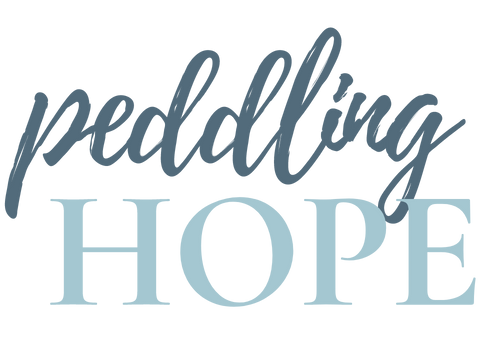Energy – Finding the Balance
When I mention "energy," engineers might immediately think of its various forms—mechanical, electrical, nuclear, etc. Conversely, many people equate energy with the caloric content of food, measured in kilojoules (kj), which gives an idea of the potential energy it provides. But personal energy feels distinctly different.
We require a specific amount of energy to keep our bodily systems—like digestion, circulation, and reproduction—functioning optimally. It's palpable when our reserves are depleted and we lack the energy to live as we desire.
In fact, when we are overdoing it in our day-to-day lives, we can experience physical illness. In his book When the Body Says NO, Gabor Maté highlights the risk of chronic illness when we're overstressed. Maintaining energy balance, he argues, is crucial—a literal matter of life and death.
That’s a lot! Especially when we live in a world that creates a lot of stress.
Zero-Energy Universe
There is a theory about energy in the universe called the zero-energy universe theory. It proposes the balance of positive and negative energy is equal and exact to one another.
Stephen Hawking illustrates this with a simple analogy: a man creates a hill on flat land by digging a hole and using the excavated dirt.
What I think this theory can teach us in our personal lives is that if we are overloaded in one area (trying to build a hill), our system will balance out by taking energy from another area.
Personal Energy
So, what does this mean personally? While you might not equate personal energy with quantum physics, you cannot deny that some days you have the energy to get through your tasks, and some days you don’t.
Eating nutritionally dense food typically provides a different kind of energy than junk food high in sugars and fats—one may give you energy because it is absorbed and used by your system, and the other takes energy because your digestive system needs all the energy to break it down.
Beyond physical energy, what about emotional, mental, or spiritual energy?
Optimizing our physical energy involves more than just eating well; sleep and exercise are equally vital. Yet, even with these in check, many feel exhausted after a day's work.
Most of us work in a knowledge economy, which means our exhaustion can come from using our brains all day long without too much of a break. Constant focus on projects, in meetings, and in front of screens can take a lot of energy.
We also have to work with people on teams in the office or serving the public. Every day we are at risk for running into an emotional vampire – someone who will zap our energy with one conversation or interaction. Perhaps we feel judged or criticized in our interactions with others. All of this can leave us feeling depleted.
Spiritual Energy
Spiritual energy is about feeling alive. We need a sense of accomplishment, purpose, and value—that what we are doing in our lives is making some kind of contribution to our own well-being as well as that of our friends, families, communities, and the world. This sense of connectedness and contribution fuels our inner strength and resilience, acting as a powerful counterbalance to the stresses of everyday life.
When our spiritual energy is nurtured and balanced, it not only enhances our personal sense of purpose but also amplifies our overall energy capacity.
This holistic balance enables us to handle personal setbacks more effectively and engage more positively with the world around us.
Cultivating spiritual energy requires intentional practices such as mindfulness, meditation, or engaging in activities that align with our values and passions. By investing time in these practices, we not only enrich our spiritual lives but also enhance our capacity to manage other forms of energy.
Maximizing Energy
Spring is an excellent time for renewal. Why not conduct an "energy audit" to identify and address energy drains? There might be simple wins to enhance physical energy—a structured bedtime routine for better rest, stretch breaks to boost circulation, or adding nutritious foods like apples to replenish vitamins.
In fact, in my book Thriving in Chaos, I give concrete examples of how to increase energy for the mind, body, and soul:
Breathe to slow things down and get yourself back to a place where you can think clearly;
Shake it out to let go of excess energy from an emotional encounter;
Acknowledge, witness, validate, and heal your trauma by being present and finding your voice;
Strengthen your resilience by cultivating a growth mindset and using mindfulness every day to ensure you are always in balance with the forces of disorder and chaos.
One of my clients recently asked me after a session if things get easier once we have completed all the healing work we are doing together.
Yes, life is a lot easier when you know yourself better by having told your story and set your life on a disciplined path of health and wellness. Also, no. Healing doesn’t mean life will stop throwing you curve balls.
Life is complicated. The good news is that we can set our intention to meet those challenges in the best shape possible. Physically, mentally, emotionally, and spiritually strong!



